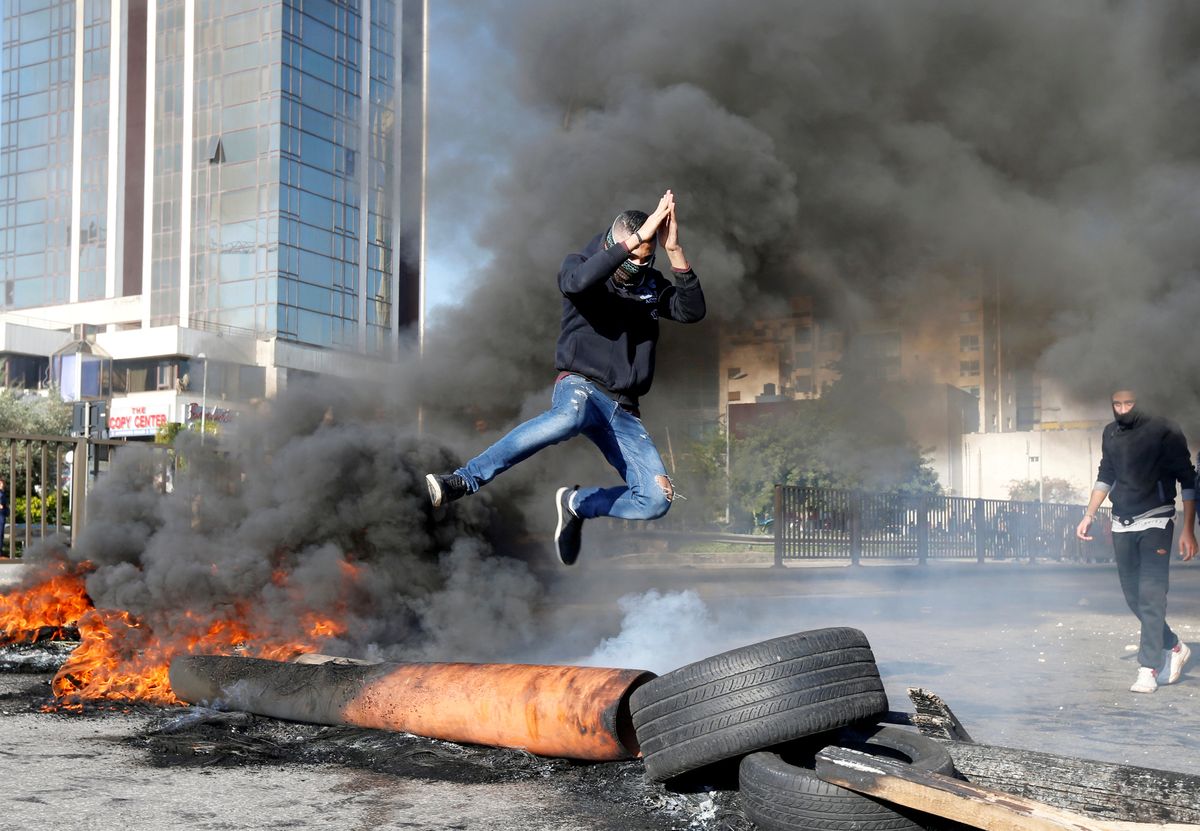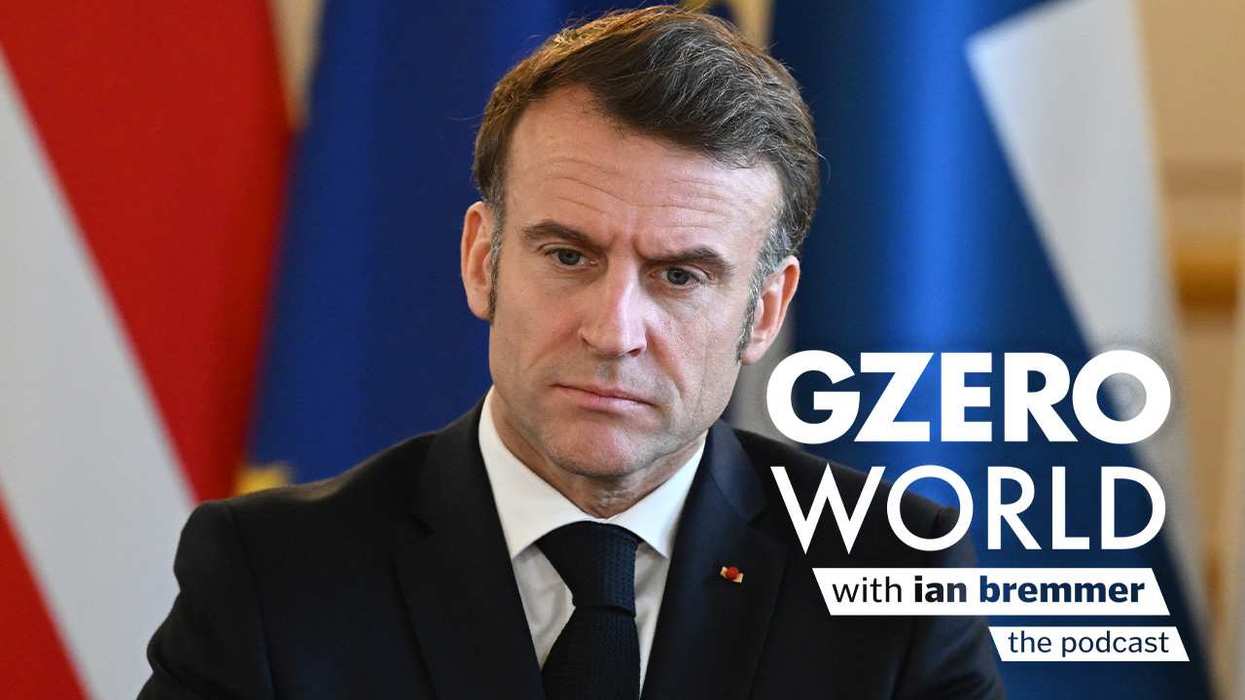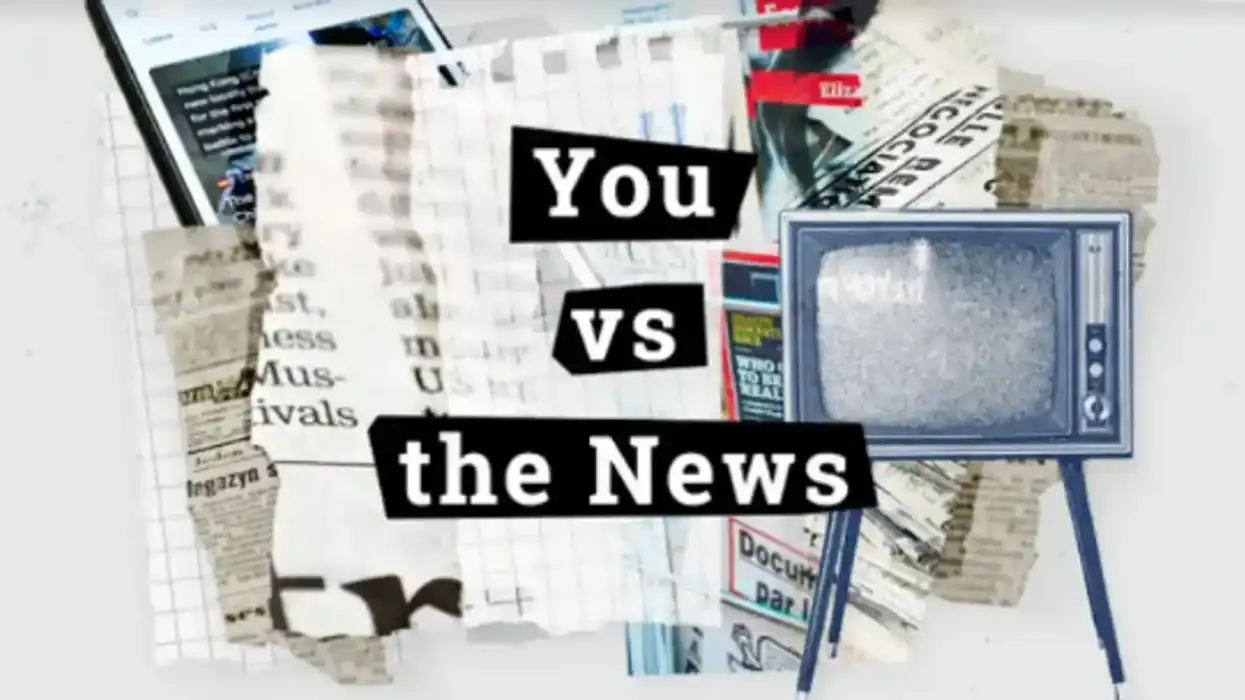Three months ago: Lebanon in turmoil Three months ago we unpacked countrywide protests over corruption and the economy that brought Lebanon's capital, Beirut, to a standstill. At the time, thousands of protesters called in particular for reforms to Lebanon's sectarian power-sharing system, which currently gives the country's top jobs to people based on their religion. Prime Minister Saad Hariri resigned, and has since been replaced by Hassan Diab, a university professor who has the backing of the powerful Shia Hezbollah party – designated a terrorist group by the United States – but not the Sunni-bloc. This will make it hard for him to unify the country and secure the Western aid needed to rescue Lebanon's teetering economy. Diab has appointed a new, ostensibly technocratic cabinet in a bid to meet protesters' demands for a break from the old guard. But thousands of demonstrators took to the streets again this week, decrying the new ministers' connections to the political elite. Meanwhile, as the political crisis deepens, Lebanon's economy is on the brink of collapse: Banks are tightening restrictions on foreign currency withdrawals, fueling more public rage.
Six months ago: Hong Kong's enduring protests Back in August, we checked in on the increasingly ferocious protests in Hong Kong, which had been going on for about eight weeks. What started as a rebuke of legislation that would allow extradition of suspected criminals to mainland China has since morphed into an enormous, sometimes violent, political movement in defense of Hong Kongers' political liberties. Despite the fact that the size of protests has waned in recent months, protesters aren't giving up. Thousands of black-clad demonstrators have continued to flood the streets, demanding greater autonomy from Beijing, as well as investigations into police brutality. Meanwhile, Hong Kong police have used increasingly militant tactics to break-up crowds, including live ammunition. The recent coronavirus outbreak brings a new dimension to the seemingly intractable conflict. On one hand, it's revived Hong Kongers' resentment of the mainland: More than 7,000 health workers took part in a strike this week calling on Carrie Lam, Hong Kong's chief executive, to seal the entire border with China, something she's long resisted. But the outbreak, which has spread in Hong Kong, also makes it impossible to hold mass gatherings. Chinese officials have called protestors "terrorists," and have amassed forces across the border. But eight months later, it's still not clear if Beijing has a red line, and what it would take from protesters to trigger a full-blown Chinese military intervention.
Nine months ago: Cyril Ramaphosa faces the heat As we wrote after President Cyril Ramaphosa's electoral triumph last May, the leader of South Africa's African National Congress party (ANC) faced enormous challenges in trying to revive the country's flailing economy, plagued by decades of crooked leadership. When Ramaphosa took over as party chief from Jacob Zuma, the disgraced former president facing a host of corruption charges, he pledged to bring "ethics into politics," and to oversee South Africa's economic revival. While Ramaphosa has made some effort to ignite growth – such as "embarking on a $100 billion investment drive in five years – South Africa's economy is still on the brink. The IMF and World Bank recently urged radical reform to avoid a recession as the country grapples with spotty electricity supply problems, weak business sentiment, sky-high youth unemployment, and the worst drought in living memory. Ramaphosa's attempt at reform has largely been hampered by competing factions within the ANC itself – so far, he's failed to consolidate control of the party to meet the country's enormous challenges.



















